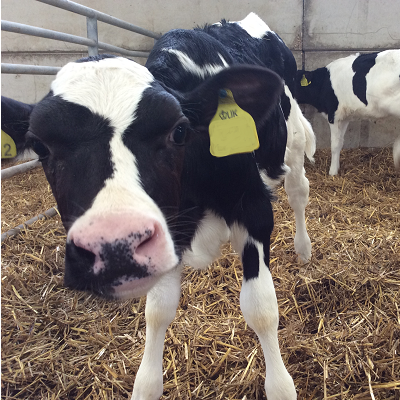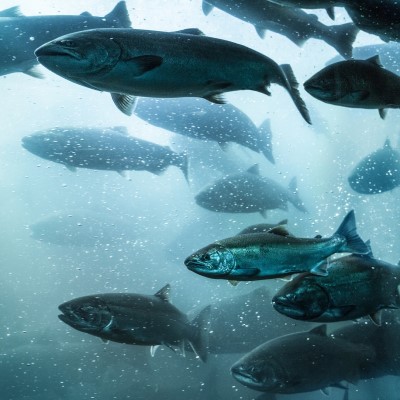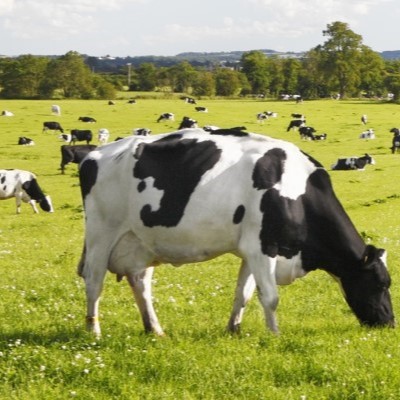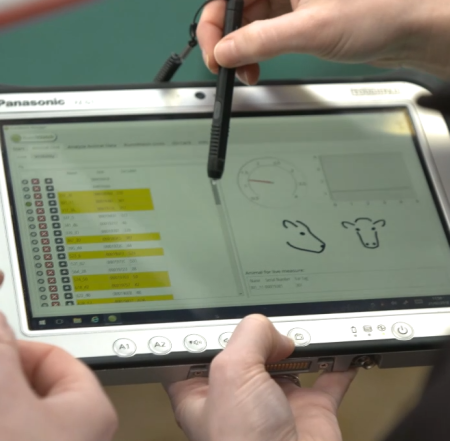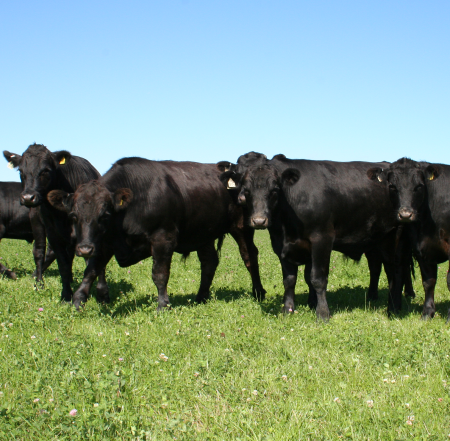CIEL | Case Study: Reducing the environmental impact of protecting livestock against pests
Genetics | Reproduction | Behaviour | Nutrition | Health & Welfare | Productivity | Food Integrity | Environmental Impact
Challenge
Improving welfare and reducing the environmental impact of protecting livestock against pests is critical. Ectoparasites such as ticks, flies and lice are significant limiting factors to livestock production efficiency and animal welfare – affecting growth, milk production and fertility. Reductions are economically and environmentally costly, resulting in a net increase in inputs (such as food, water, medicines and labour) and negative environmental impacts (such as greenhouse gases and water pollution) relative to the outputs (meat, milk, wool, offspring)
Action
CIEL supported research capability at Rothamsted Research’s North Wyke Farm Platform is helping to develop an innovative approach to managing parasites in ruminant livestock. Rothamsted Research is teaming up with Devon-based firm Denis Brinicombe Group for the project which they hope will also have a positive impact upon the environment with regard to ruminant production efficiency. The project will utilise the Robert Orr Small Ruminant Facility and its 24 automatic feed stations to test whether modifying animal diets with specific feed ingredients will alter the external physiological profile of animals, leading to a reduction in parasitic attack.
Impact
Success will reduce dependence upon current pest management tools such as acaricides and other chemical treatments. A new and effective diet-based approach to pest management could also prove effective in treating endoparasite infections and mitigate against the growing threat of antimicrobial resistance (AMR).
Success will reduce dependence upon current pest management tools and mitigate against the growing threat of AMR.



